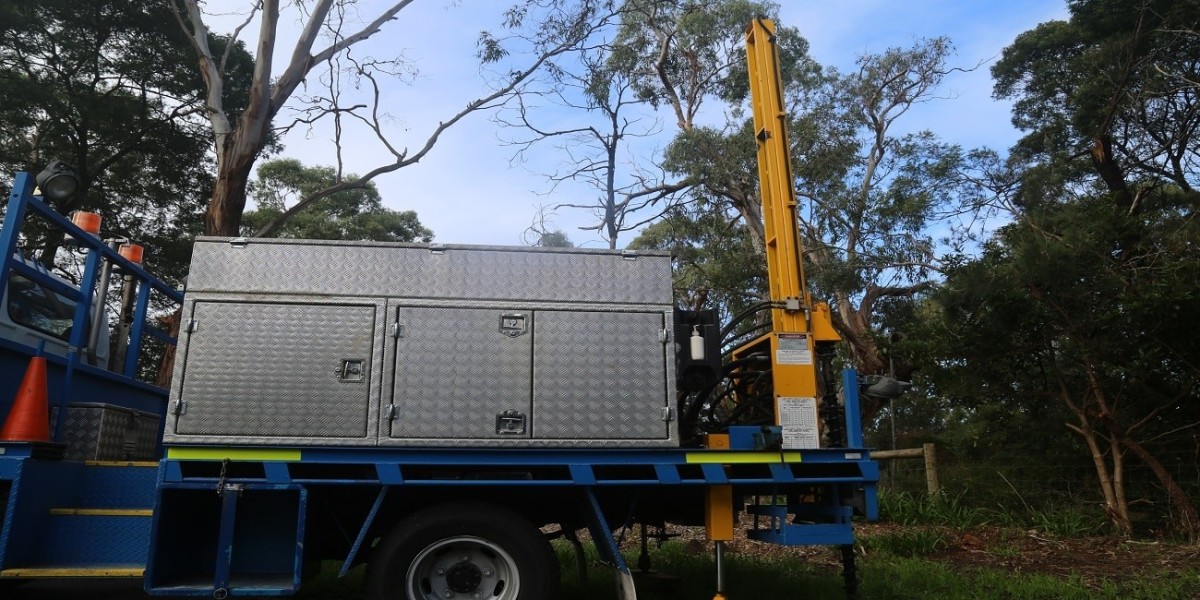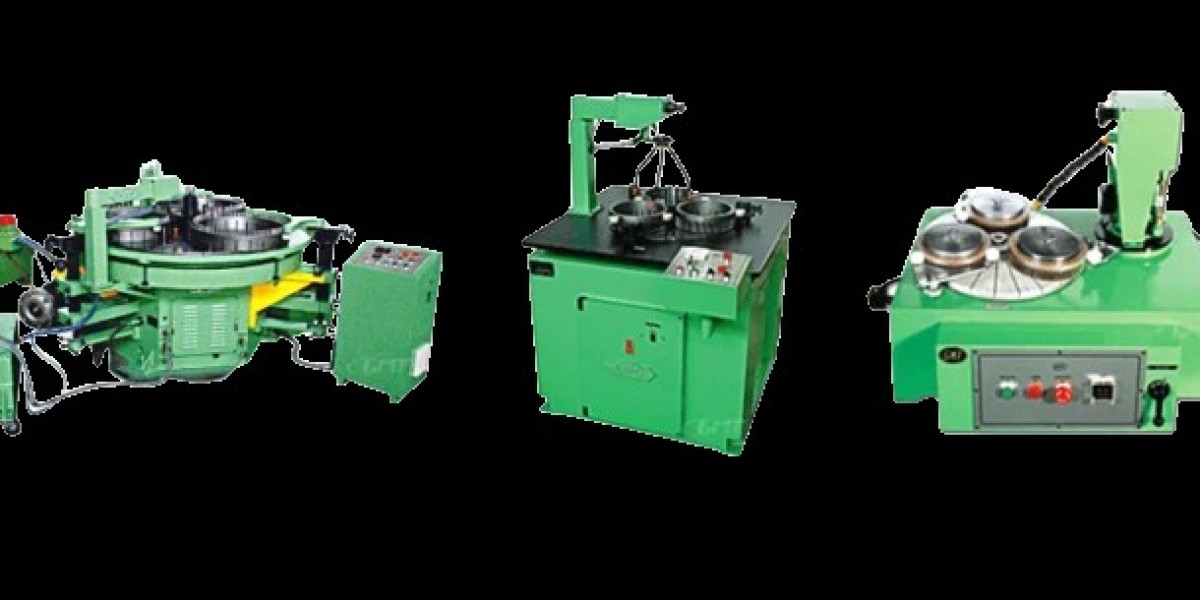Introduction
Understanding the quality and characteristics of soil is vital for the success of any construction, agriculture, or land development project. In Southern Melbourne, where the environment and urban expansion coexist, soil testing and land capability assessments are crucial steps for sustainable development. This blog delves into the importance of soil testing and land capability assessment, their processes, and how they benefit residents and developers in the region.

What is Soil Testing?
Soil testing is the process of analyzing soil samples to determine its composition, structure, and suitability for specific purposes. The tests can reveal essential information such as nutrient levels, pH, texture, and contaminants in the soil. This data is indispensable for projects ranging from agriculture to construction.
Why is Soil Testing Important in Southern Melbourne?
Southern Melbourne is known for its diverse soil types, influenced by natural formations and urban development. Conducting soil testing ensures:
- Optimal Crop Yield: For agricultural purposes, soil testing identifies the right fertilizers and amendments to improve crop growth.
- Construction Safety: Builders rely on soil tests to evaluate the soil's load-bearing capacity and prevent structural issues.
- Environmental Protection: Testing can detect pollutants, ensuring that land use does not harm the environment.
What is a Land Capability Assessment (LCA)?
A Land Capability Assessment evaluates a property’s ability to support a specific use, such as residential development, farming, or septic systems. LCAs are particularly vital for areas without access to centralized sewer systems.
Why is LCA Crucial in Southern Melbourne?
Southern Melbourne has a mix of urban and rural areas, each with unique land-use challenges. LCAs ensure:
- Sustainable Development: By assessing the land’s capability, developers can minimize environmental degradation.
- Compliance with Regulations: Councils in Southern Melbourne often require LCAs for permits related to land development or septic installations.
- Resource Optimization: Proper assessments help in using land efficiently while maintaining ecological balance.
The Process of Soil Testing
- Soil Sampling: Experts collect soil samples from various depths and locations on the property.
- Laboratory Analysis: The samples are tested for parameters like pH levels, nutrient content, and contamination.
- Report Generation: A detailed report is prepared, outlining the soil’s properties and recommendations for improvement.
The Process of Land Capability Assessment
- Site Visit: Experts inspect the land to evaluate its features, including slope, drainage, and vegetation.
- Soil Testing: This step is integrated into the LCA process to analyze the soil’s suitability for the intended use.
- Data Analysis: Factors such as rainfall, groundwater, and climate are analyzed to determine land capability.
- Recommendations: The final report offers suggestions for sustainable land use or improvement measures.
Benefits of Soil Testing and LCA in Southern Melbourne
- Enhanced Decision-Making: Developers and property owners gain clear insights into the best use of their land.
- Cost Efficiency: Preventing issues like crop failure or structural damage saves money in the long run.
- Sustainability: These processes promote environmentally friendly land use practices.
- Regulatory Compliance: Soil testing and LCAs help meet the requirements of local councils in Southern Melbourne.
Applications of Soil Testing and LCA
- Agriculture: Ensures the soil can support specific crops and suggests ways to enhance fertility.
- Construction: Determines the stability of the ground for building foundations.
- Septic Systems: Identifies the best location for septic systems to prevent contamination.
- Land Development: Assesses land suitability for residential or commercial projects.
Choosing the Right Experts in Southern Melbourne
When it comes to soil testing and LCAs, hiring experienced professionals ensures accurate results. Look for providers who:
- Use advanced testing methods.
- Have a deep understanding of Southern Melbourne’s unique soil characteristics.
- Offer comprehensive reports and actionable recommendations.
Regulations Governing Land Capability Assessment in Southern Melbourne
Local councils often mandate LCAs for permits related to land subdivision, development, or septic system installations. Understanding these regulations ensures a smooth approval process and reduces the risk of non-compliance penalties.
Tips for Successful Soil Testing and LCA
- Plan Ahead: Conduct tests and assessments early in your project timeline.
- Follow Recommendations: Use the findings to guide decisions on fertilizers, drainage, or construction methods.
- Monitor Changes: Regular testing helps track changes in soil health over time.
Conclusion
Soil Testing Southern Melbourne and land capability assessments are indispensable tools for ensuring sustainable and efficient land use in Southern Melbourne. Whether you’re a homeowner, farmer, or developer, these services provide valuable insights that benefit your projects and the environment. By partnering with the right professionals, you can unlock the full potential of your land while adhering to local regulations and promoting sustainability.
If you’re planning a project in Southern Melbourne, consider investing in soil testing and land capability assessment for peace of mind and long-term success.









